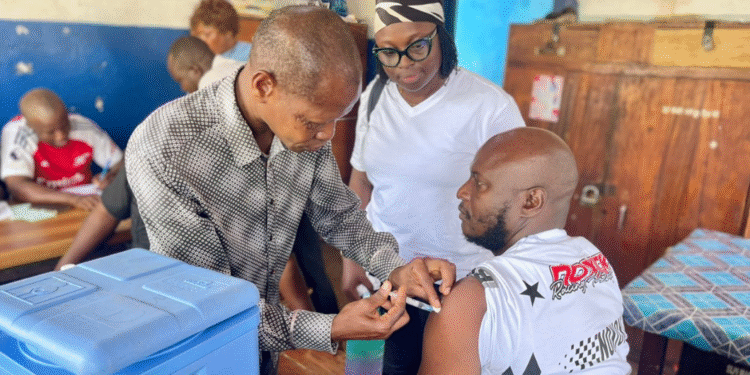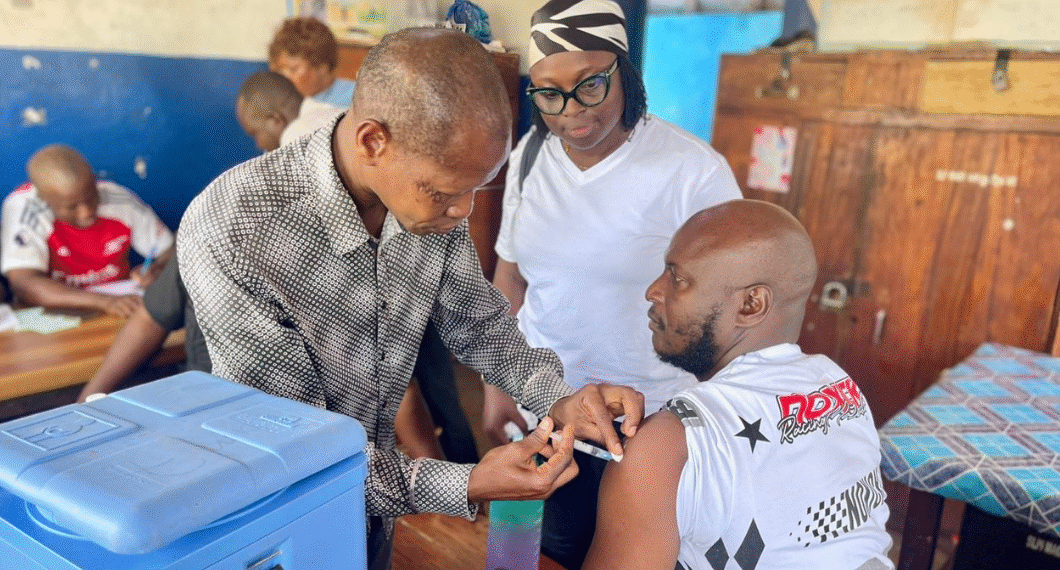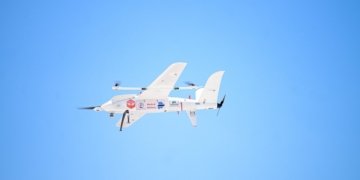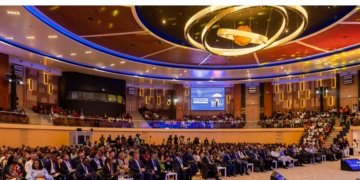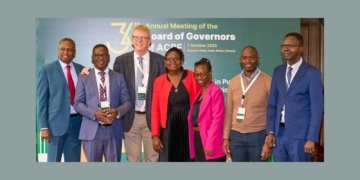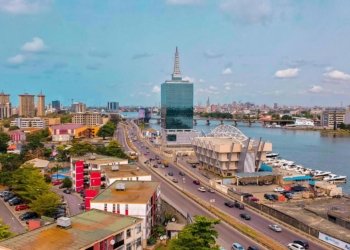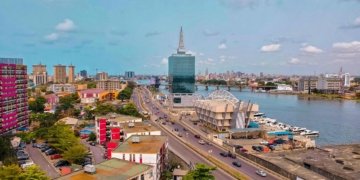FREETOWN, Sierra Leone (BG) – A decade after the deadliest Ebola outbreak, Sierra Leone has initiated a nationwide preventive vaccination campaign targeting frontline workers, according to the World Health Organization (WHO).
The campaign, which started on December 5, 2024, aims to vaccinate 20,000 health workers, traditional healers, and other high-risk individuals.
The 2014 Ebola outbreak, which primarily affected West Africa, resulted in nearly 4,000 deaths in Sierra Leone out of more than 11,000 recorded globally. The country also lost 7% of its healthcare workforce to the outbreak.
Implemented by the Sierra Leone Ministry of Health in partnership with Gavi, the Vaccine Alliance, the WHO, and UNICEF, the campaign will administer a single dose of the Ebola vaccine Ervebo to those most at risk.
The initiative is part of a broader effort to strengthen the country’s preparedness for future outbreaks.
“This nationwide preventive vaccination campaign marks a significant step in strengthening our health system. Protecting our frontline workers is vital to our National Health Security Plan, ensuring preparedness and resilience against future health threats. This is an investment in the safety of our people and a healthier Sierra Leone,” said Dr Austin Demby, Minister of Health, Sierra Leone.
The campaign is a significant step toward protecting Sierra Leone’s most vulnerable and preventing future outbreaks.
The international community closely monitors the effort, hoping it will bolster the country’s resilience against infectious diseases.
“Although three years have passed since the last EVD outbreak in neighbouring Guinea, WHO has remained committed to collaborating with partners and vaccine manufacturers to ensure the availability of highly effective, life-saving vaccines for populations most at risk in Sierra Leone,” explained Dr Thompson Igbu, Head of the WHO Sierra Leone Expanded Programme on Immunization team.
“These sustained efforts and partnerships have led to the 2024 nationwide EVD vaccination campaign, targeting health care workers, traditional healers, motorbike taxi riders and other frontline workers,” Igbu said.
Rudolf Schwenk, UNICEF Representative in Sierra Leone, said: “This life-saving vaccine gives communities and frontline workers new hope for protection against this deadly disease.”
Ebola, also known as Ebola virus disease and Ebola hemorrhagic fever, is a viral hemorrhagic fever in humans and other primates, caused by ebolaviruses. Symptoms typically start anywhere between two days and three weeks after infection. The first symptoms are usually fever, sore throat, muscle pain, and headaches.
